7/19
Plant-Based Leaders | PlantSwitch
Bioplastic Entrepreneurs Focus on Eco-Friendly & Affordable to Tap Service Ware Market

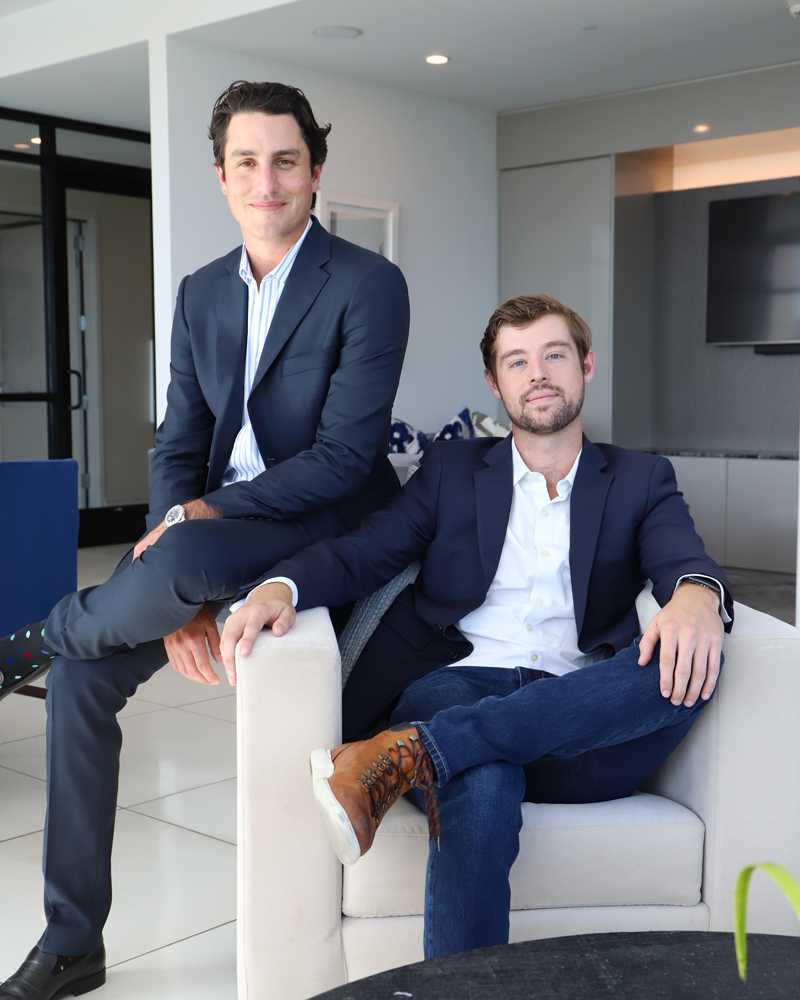
What happens when consumers begin to imagine, and then demand, a world with fewer petroleum-based plastics?
It opens the door for smart, nimble start-ups with visionary leaders, looking to disrupt the status quo.
And when the status quo is worth more than half-a-trillion dollars a year globally, the opportunities for disruption and profit appear nearly boundless.
The co-founders of PlantSwitch, Dillon Baxter, age 24, and Maxime Blandin, age 28, first discussed the potential for plant-based plastics to replace traditional petroleum-based products in late 2019.
Inspiration over straws
The light bulb first clicked for Dillon while he was interning at a private equity firm and asked to research smaller and mid-sized manufacturers in the US.
“I had known about the problems with petroleum-based plastics, but I hadn’t really been exposed to the bioplastics industry. The research taught me about the viable, plant-based biodegradable alternatives that already existed,” said Dillon. “That piqued my interest.”
In addition to school and an internship, Dillon was also on the Southern Methodist University (SMU) golf team. Maxime, who would become Dillon’s cofounder had also been an SMU golfer. Team trips across the country often included stops at coastal cities where paper straws were beginning to appear.
“They didn’t work, they turned soggy and fell apart too quickly,” said Dillon. “Maxime and I started talking about the problem of plastics and paper straws and we knew that there had to be something better out there.”
In fact, Maxime knew something about bioplastics. He had contacts in Mexico who were starting to build out manufacturing facilities for agave-based bioplastics. Agave is a tough, desert plant that produces tequila and leaves cellulosic fiber as waste.
“The products function like plastic, but they are biodegradable,” explained Dillon.
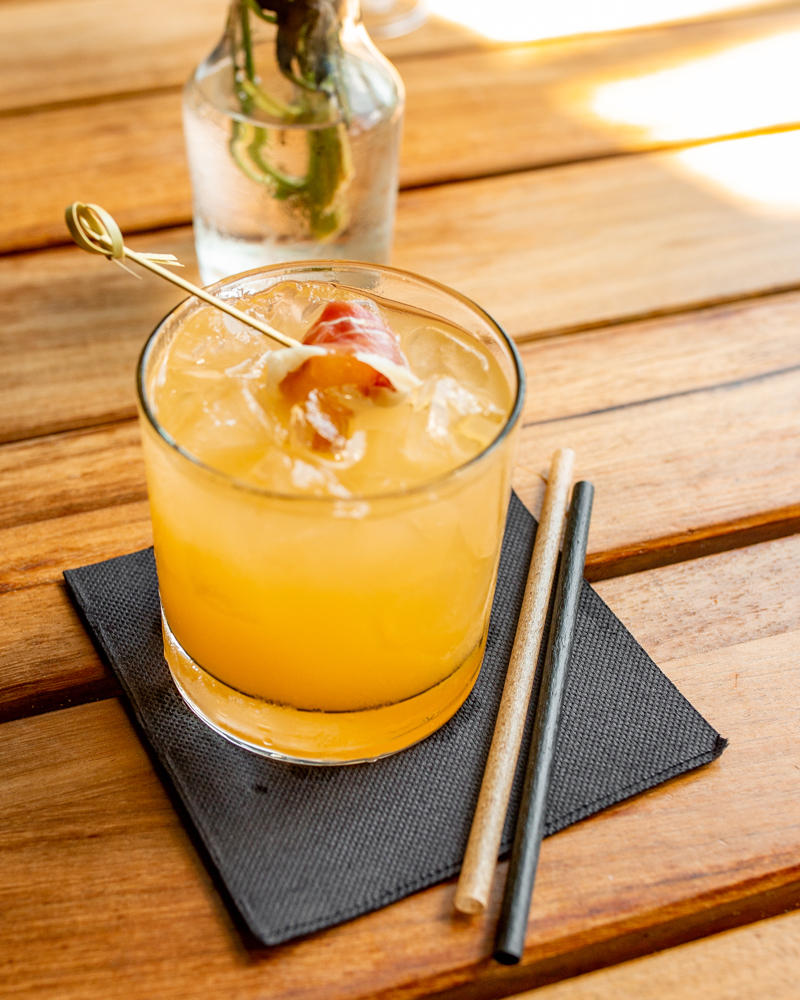
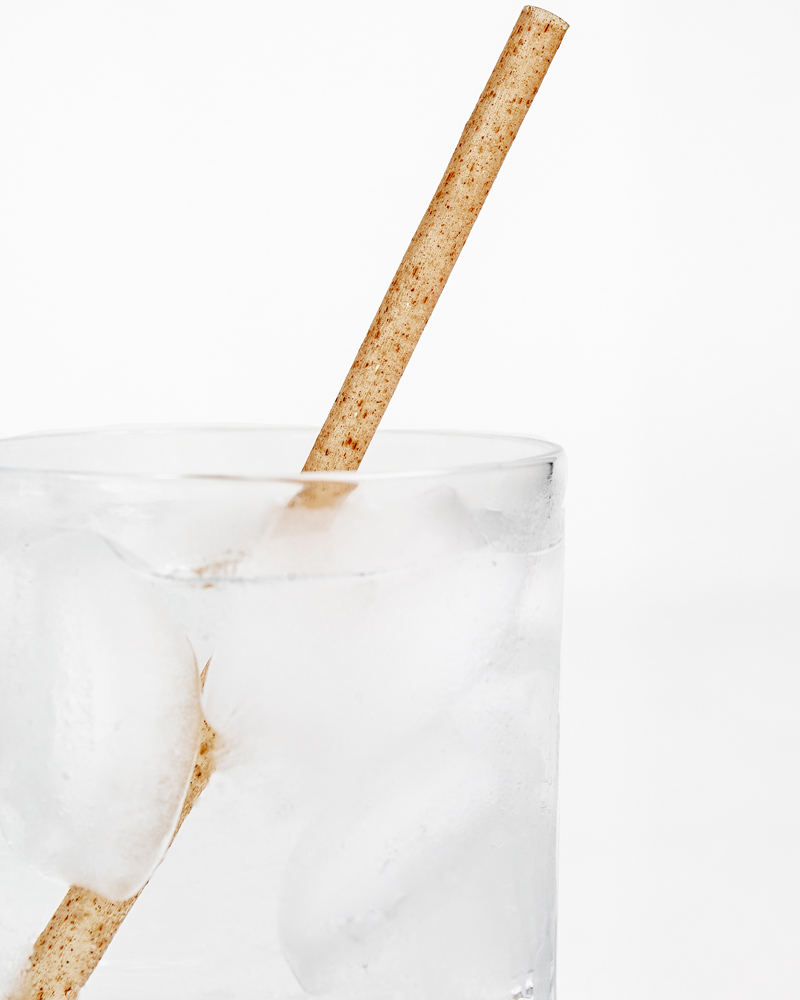
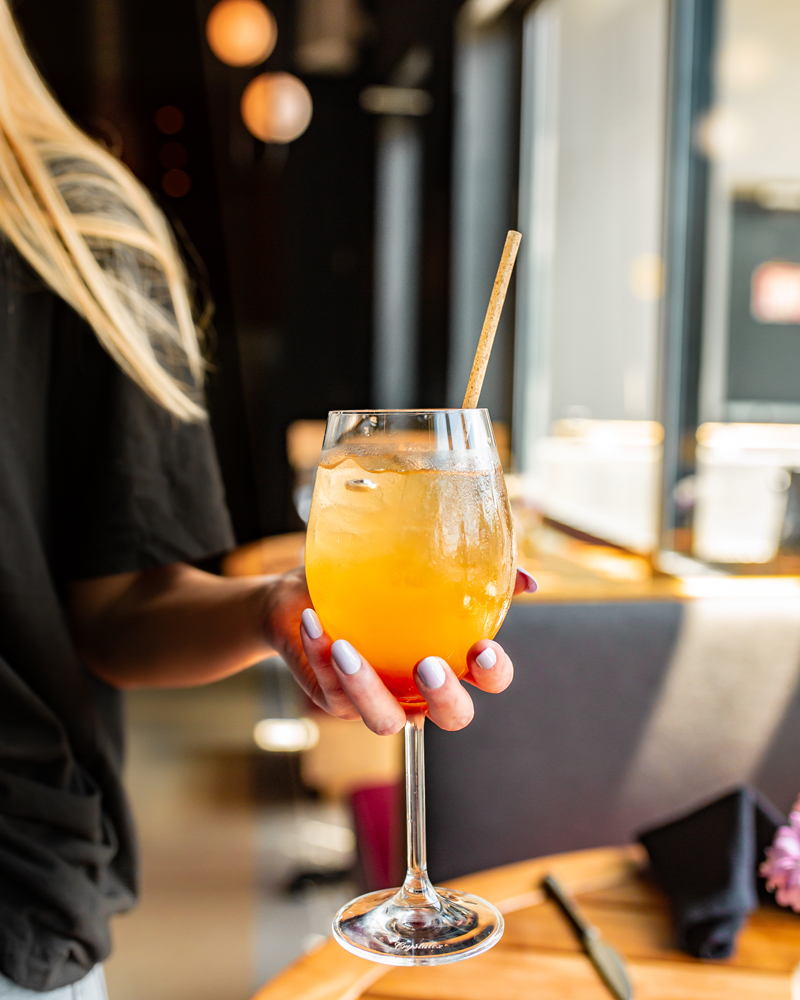
They quickly mapped out how they could build a company in the U.S. that would handle the marketing and distribution.
“I thought it was just a home run,” explained Dillon.
A business is born
They began extensive market research between their senior-year classes.
“In our view, there wasn’t enough on the market to meet demand while also being functional, eco-friendly, and affordable. And so we realized that we had a great opportunity,” said Dillon.
Dillon and Maxime rented some warehouse space in Dallas, and began building the marketing and sales collateral.
They assumed that eventually they would have to take their business to a part of the country that had mandated alternatives to plastic straws.
But in the meantime, they began going door-to-door in the Dallas metro area.
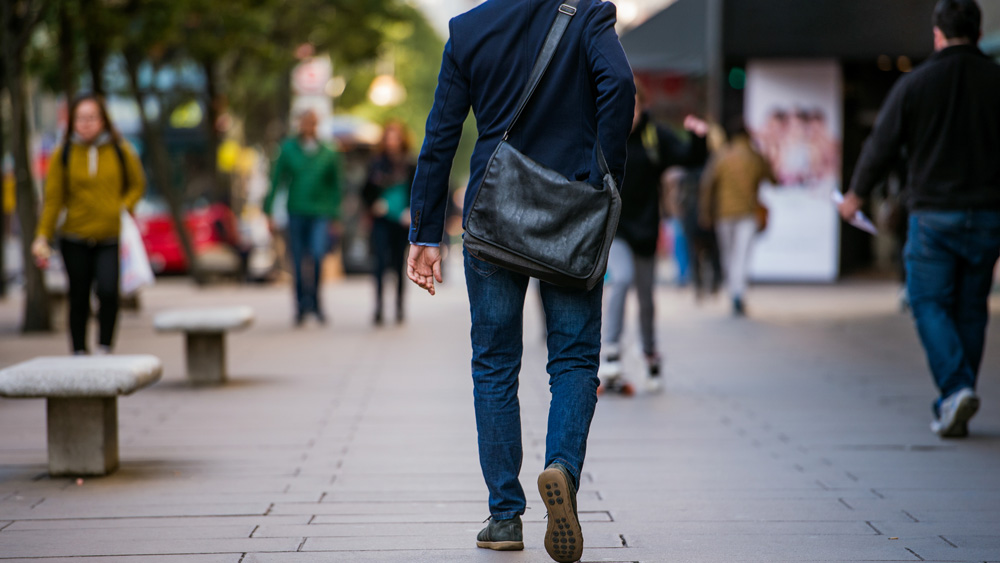
“We just went door knocking with a bunch of straws and a marketing brochure in hand, walking Dallas and Uptown,” recalled Dillon.
“And people were looking at us like we were crazy. I had one guy say, ‘Son this is Texas, not California. We use plastic,’” he added.
“We had probably two little mom and pop clients and then a global pandemic hit,” said Dillon
COVID strikes
The world shut down and went into quarantine.
Local businesses closed their doors, and no one was sure when they might reopen.
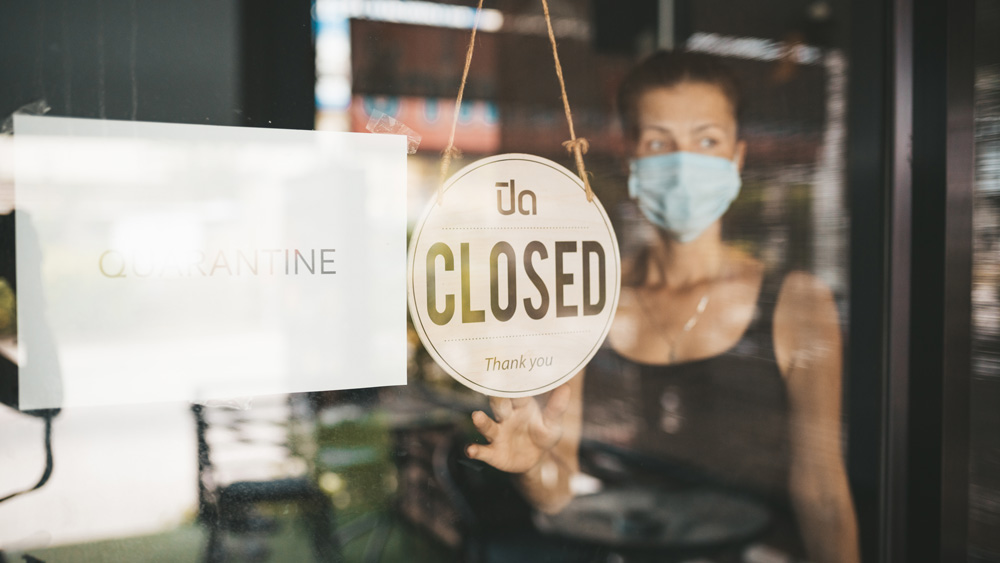
“It was pretty bad timing to have launched a business distributing to the food service industry,” a fact Dillon can laugh about now.
For two months they earned no revenue, but still faced expenses for products, warehousing, the website, and other foundational business services.
“We were dead in the water. I was a senior in college and I had a full-time investment banking job lined up. And I remember telling Maxime that I’m not doing this. I’m going into investment banking,” Dillon said.
Maxime asked Dillon for a few more months to see if things change.
Dillon offered a compromise; he would take the banking job but kept selling for PlantSwitch before and after work.
“When everything opened back up in Dallas on June 1, 2020, we went out and hustled,” said Dillon. “And Maxime was right.”
They did thirty thousand in sales in the next four months after the lockdowns lifted – almost entirely Texas-based clients. And they quickly realized that the demand for plastic alternatives was nationwide.
Dillon quit his investment banking job after one month.
“The Dallas sales really validated our conviction about demand in a way we couldn’t have imagined. We didn’t think this would be a big market for us. But being forced to focus on Dallas was really a blessing,” said Dillon. “If people here are willing to pay a little bit more for a much better product, then we knew we could scale this business nationwide.”
Another major hurdle awaited.
Opening a new pipeline
Most restaurants buy their service ware in bulk from distributors, getting everything from one place and centralizing their logistics.
“Potential clients were constantly asking if we were available from their distributor of choice,” said Dillon.
But distributors will only put products in their catalog if there’s a pre-existing demand.
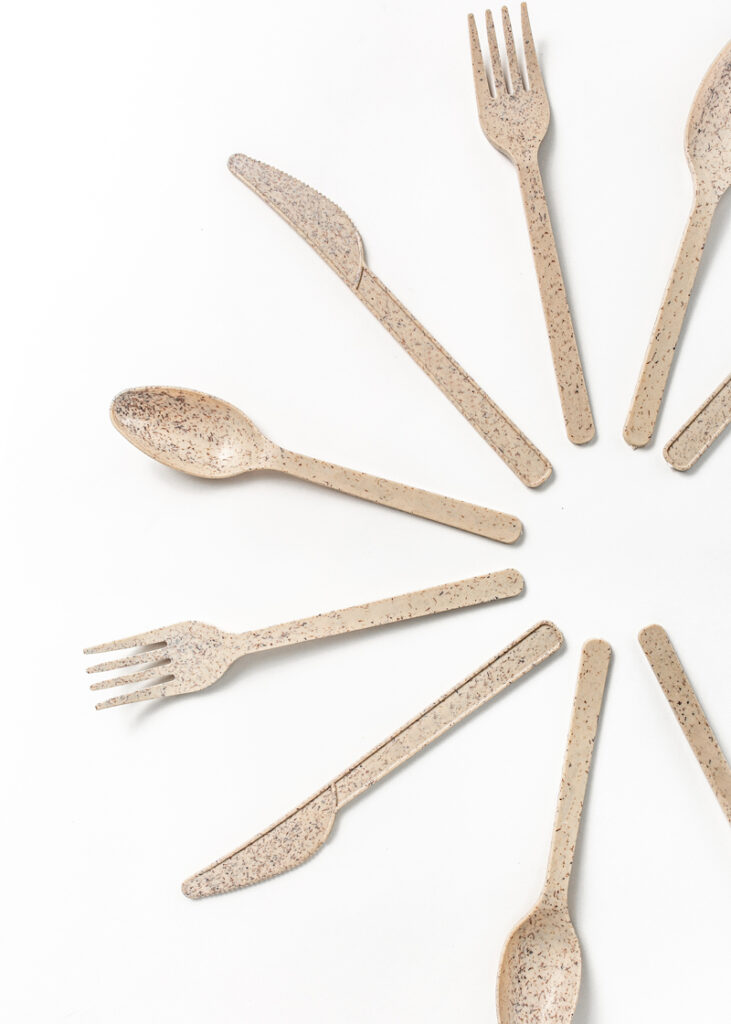
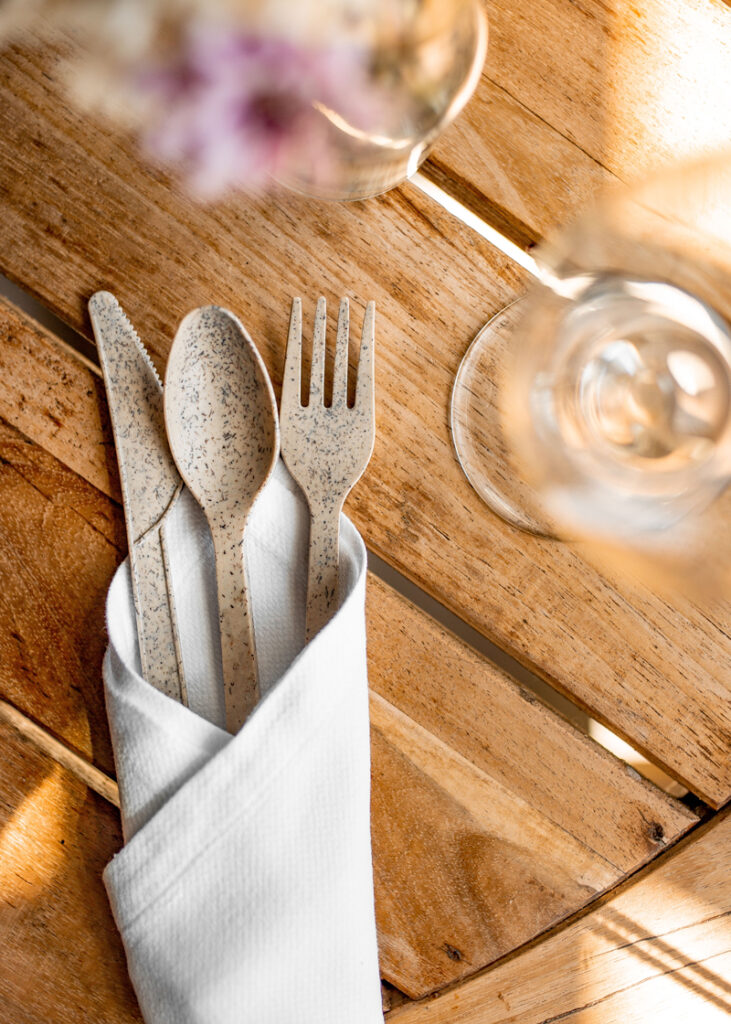
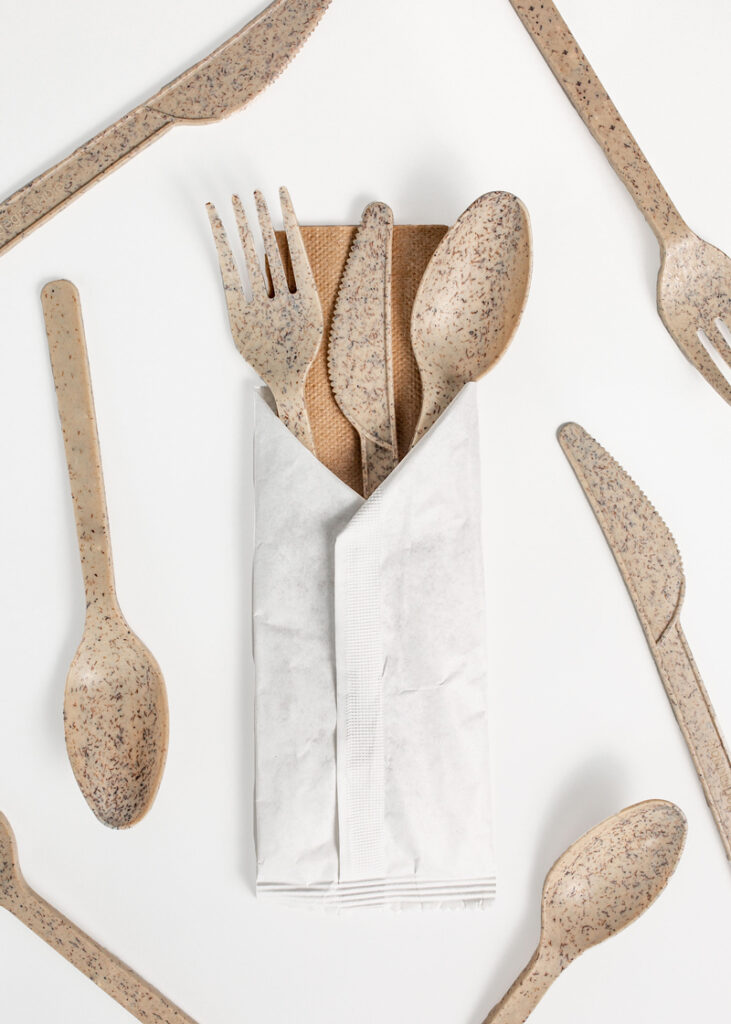
“It’s a real chicken and egg problem, because the distributors wouldn’t carry us if we weren’t already in their restaurants,” explained Dillon. “They wanted to see we had a good customer base.”
Eventually, PlantSwitch found a direct client with some market reach who really believed in them. That company went to their distributor and demanded they carry PlantSwitch.
“The pull-through effect was powerful. While it was pretty difficult to get started, we’re seeing much faster growth since we’ve been added to nearly all the major foodservice distributors,” added Dillon.
The company did $750,000 in revenue in its second year, a growth rate of nearly 10x over year one. Year three is off to an equally hot start, with target revenue in the $3-4 million range.
Today they count among their clients Just Salad, with locations in six states, and Hillstone Restaurant Group, with restaurants in twelve states.
Bootstrapping, funding, and the future
PlantSwitch was completely bootstrapped during its first eighteen months.
But with their sales momentum in year two, they decided to raise capital and invest in the future, landing $3.25 million in their seed round.
“We plan to invest in marketing initiatives, build out our product lines, engage in R&D, look at making some of our own products and expand our feedstocks,” said Dillon. Building their own production facilities also means bringing new jobs to the U.S.
With significant funding now behind them, Dillon says the PlantSwitch mission is coming to fruition: helping to build the circular economy and eliminate plastic waste.
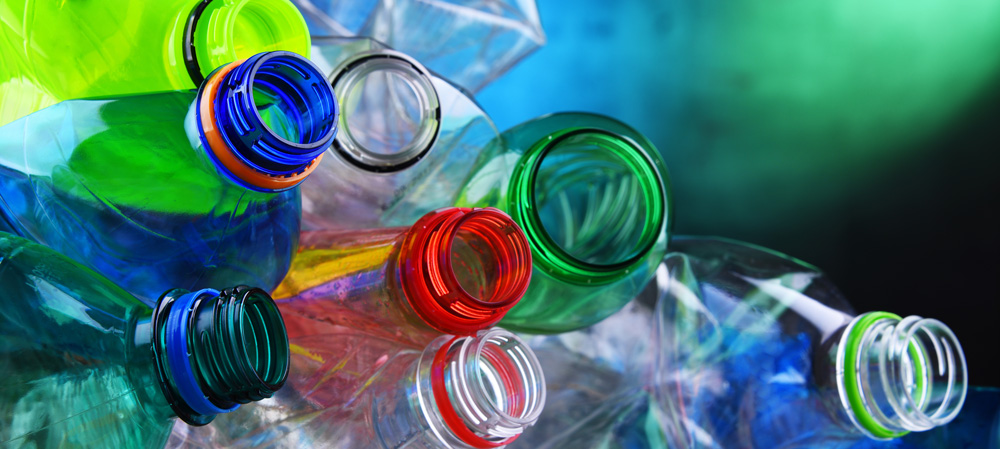
I’m really excited for the future – replacing millions and then billions of pounds of plastic. And the only way to do that is to scale very quickly.
In less than three years, the company calculates it has already displaced approximately 300,000 pounds of plastic waste. And because less than 7% of plastics are recycled, without PlantSwitch, that plastic waste would likely have become landfill or litter.
Displacing petroleum plastics also means less oil consumed and fewer greenhouse gasses emitted.
“I’m really excited for the future – replacing millions and then billions of pounds of plastic. And the only way to do that is to scale very quickly,” Dillon added.
New products to come
PlantSwitch has become so popular, they are now fielding unsolicited calls from potential customers for products outside their existing lines.
“Now, we get inbound requests all the time from manufacturers and clients asking, ‘Can you make this, can you make that? I want sunglasses. I want makeup kits. I want containers.’ The list almost never ends,” said Dillon.
It’s a great problem to have. Today, with the new funding PlantSwitch is in a new product research phase.
“Why stop at straws and cutlery when we have this great opportunity?” Dillon asked.
This year, PlantSwitch will begin manufacturing plant-based pellets which will be sold to multiple different industries, who can then drop in the plant-based material into existing manufacturing equipment. That will create opportunities to replace plastic on a much larger scale.
How did they find so much success?
Networking
Dillon is quick to credit Maxime’s networking and his ability to “get everyone excited” with an enthusiastic pitch.
“We also had the good luck to be around people that were willing and able to connect us with other connected people,” added Dillon.

One source of those connections? SMU’s home course golf club, Trinity Forest, the very place where he and Maxime first met. Trinity contacts offered warehousing tips, marketing leads, and financial connections, in addition to those earned by Maxime and Dillon. And today, Trinity is a proud buyer of PlantSwitch products.
Added Dillon, “We’re eternally thankful to all the people that helped us out during what was probably the worst ever time to start a company like ours.”
Join our growing group of plant-based leaders working toward a more sustainable economy. Learn more about the benefits of PBPC membership.
